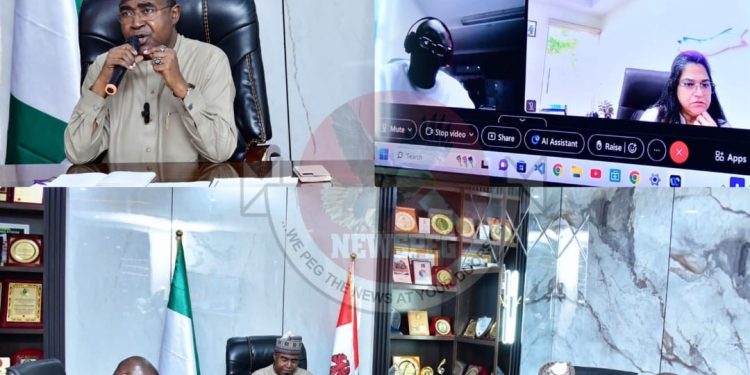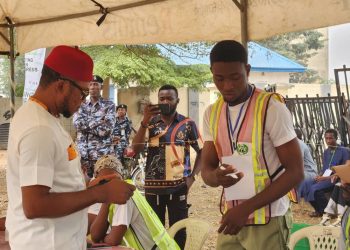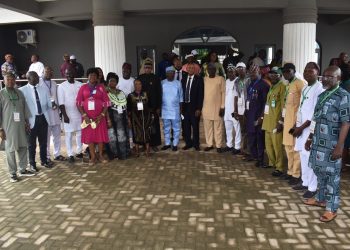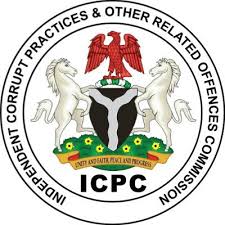By Nkechi Eze
In a renewed bid to dismantle transnational drug trafficking networks, the National Drug Law Enforcement Agency (NDLEA) of Nigeria and India’s Narcotics Control Bureau (NCB) have agreed to intensify their collaboration to combat the illegal shipment of opioids particularly tramadol and codeine-based cough syrups into Nigeria from the South Asian country.
This commitment was reached during a virtual meeting held on Wednesday, 6th August 2025, between the Chairman/Chief Executive Officer of NDLEA, Brig. Gen. Mohamed Buba Marwa (Rtd), and the Director General of NCB, Mr. Anurag Garg, alongside senior officials of both anti-narcotics agencies.
According to a statement issued by the Director of Media and Advocacy of the NDLEA, Femi Babafemi, the meeting was convened to evaluate the impact of existing cooperation between the two countries under the Memorandum of Understanding (MoU) signed in 2023 and to forge a more robust operational partnership.
Addressing his Indian counterpart, Marwa raised concerns over the persistent inflow of illicit pharmaceutical opioids into Nigeria, noting their devastating consequences on public health and national security.
“The main reason why I requested for this engagement is the illicit importation of tramadol and codeine cough syrup into Nigeria from India. This is a point that I raised the day we signed the MoU,” he said. “Now, in the last 18 months, from January 2024 to June this year, we have seized over one billion pills of opioids, mainly tramadol, and more than 14.4 million bottles of codeine syrup. This is why we need the support and collaboration of the Narcotics Control Bureau of India to work with us on this.”
In addition to curbing illicit shipments, the NDLEA Chairman appealed for renewed support in the area of capacity building and training for NDLEA personnel. He noted that the Agency had previously benefitted from various training initiatives in India, covering topics such as drug investigations, financial crimes, cybercrime, and dark web operations.
“We will very much appreciate sharing from your experiences and knowledge and your support on training for our officers,” Marwa said.
Responding, the NCB Director General, Mr. Anurag Garg, echoed the concerns over the global opioid crisis and reaffirmed the Bureau’s commitment to strengthening its partnership with NDLEA. He described drug trafficking as a cross-border menace that requires concerted global efforts to combat.
“We all know that there are transnational syndicates involved in the illicit drug shipments into Nigeria, but we’re ready to work with you on this,” Garg assured. “Unless we come together, we cannot end this malady because we’re dealing with transnational drug syndicates. They have no respect for borders or national laws. So, the only method as of now is to collaborate, and it is a good opportunity, this meeting, to take this initiative forward.”
On the issue of training, Garg extended an open invitation to NDLEA to utilize NCB’s specialized training centre in India. “We have a training centre where we will be happy to host you for any training,” he said. “As per your need, we can have a curated training programme through which we will be very happy to share whatever we know on the subject of clandestine labs, precursors, darknet monitoring, investigating darknet vendors, and so on.”
The renewed collaboration between NDLEA and NCB marks another strategic step in Nigeria’s war against narcotic abuse and trafficking, as the country continues to grapple with rising incidents of opioid misuse, particularly among its youth population. The NDLEA has intensified seizures and arrests nationwide in recent months, with a focus on disrupting supply chains and dismantling transnational cartels.

















